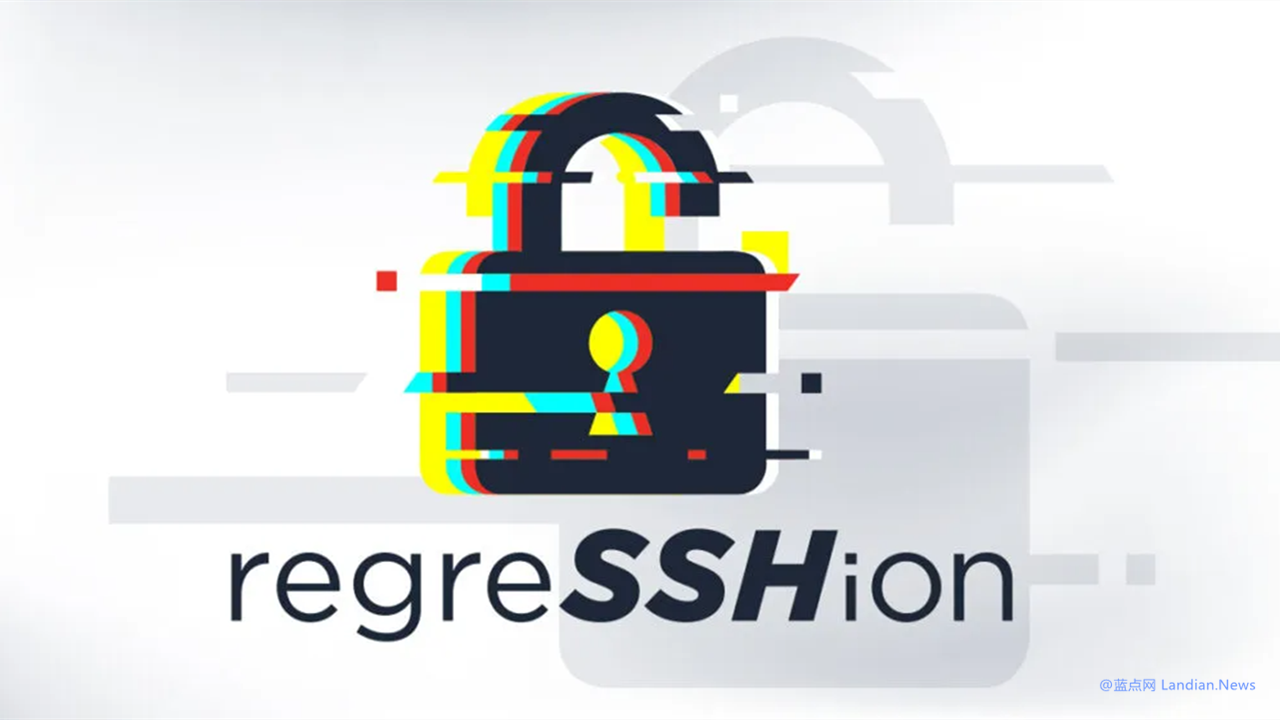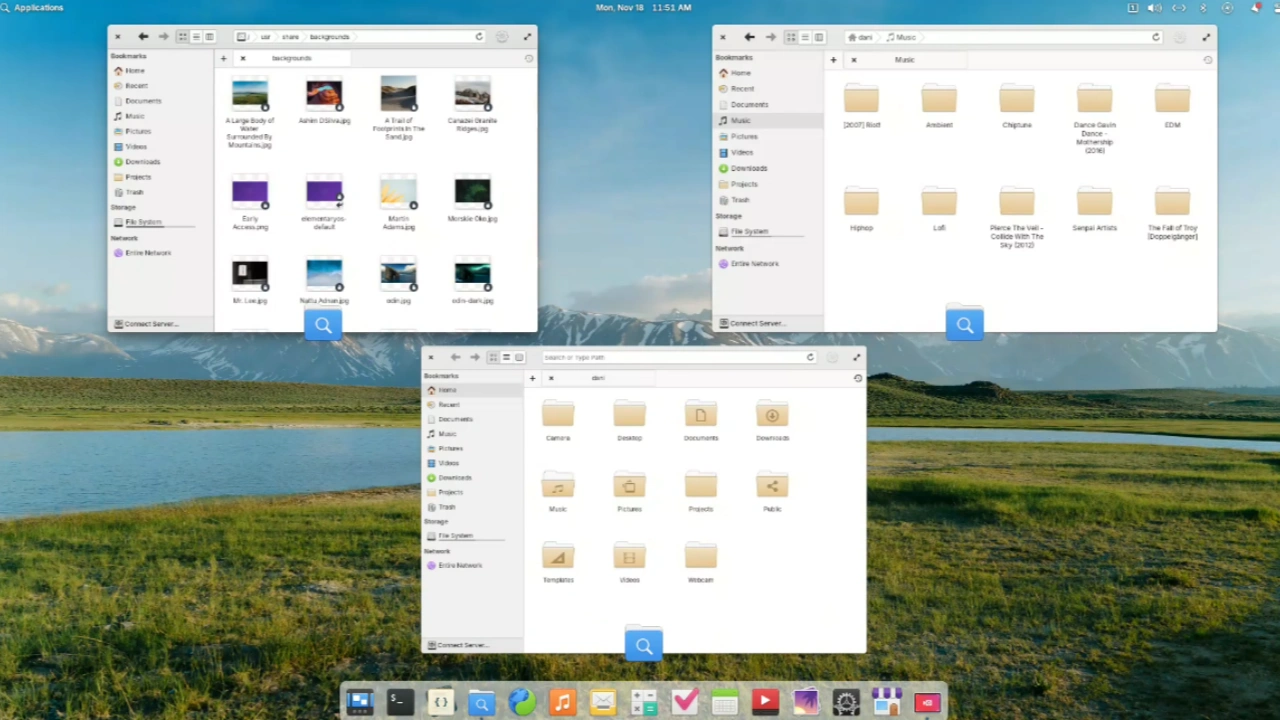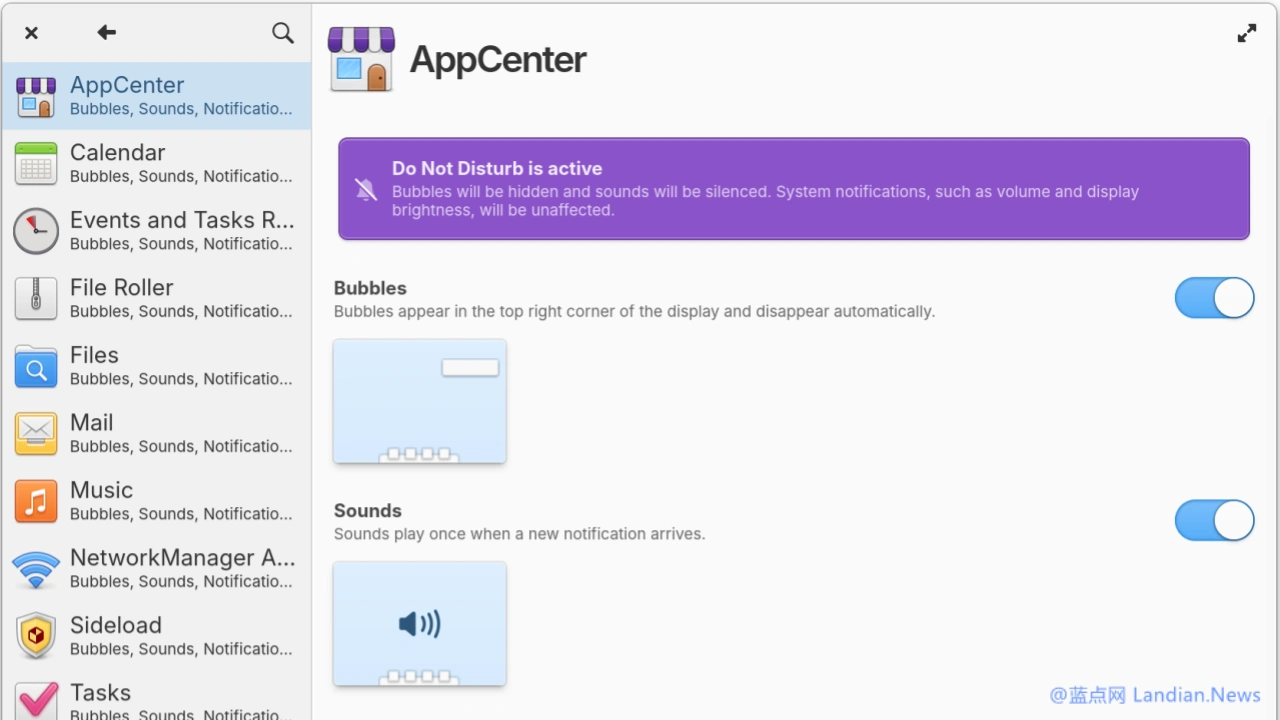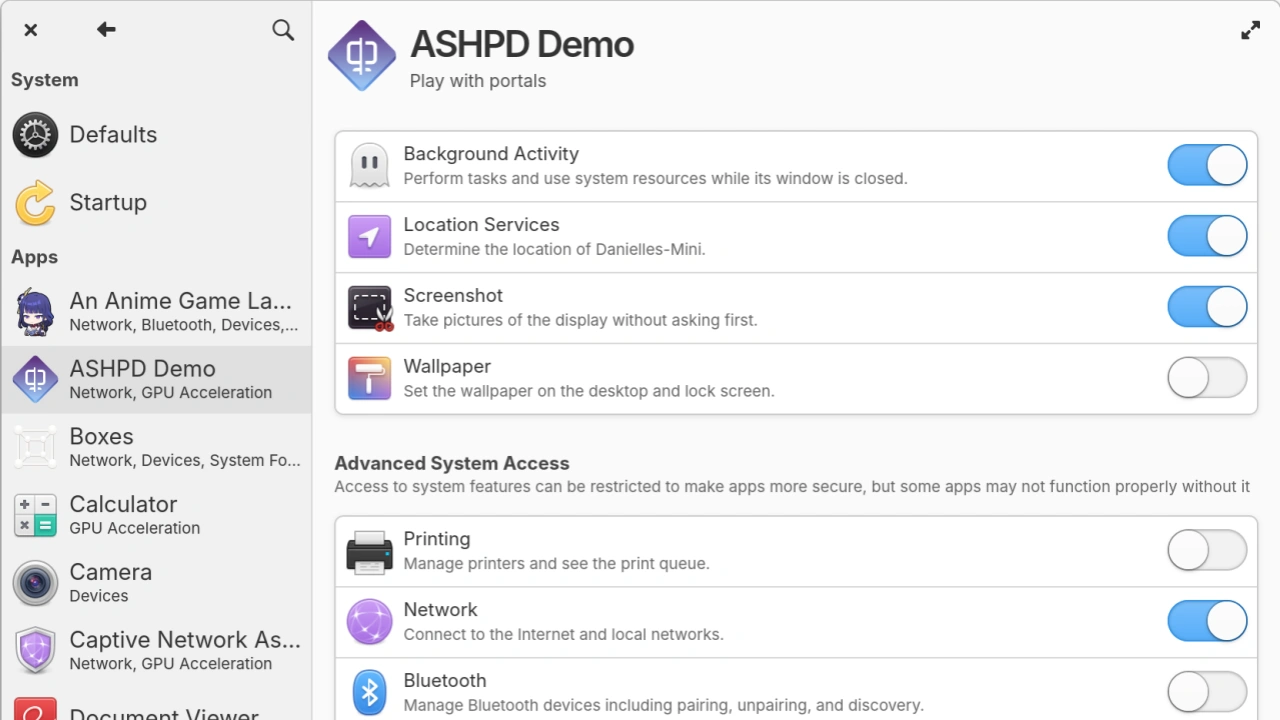Critical OpenSSH Vulnerability Exposed: Over 14 Million Servers at Risk
Cybersecurity firm Qualys' threat research team has unveiled a severe remote code execution flaw in OpenSSH, labeled CVE-2024-6387. This vulnerability has left more than 14 million publicly accessible servers at potential risk.
The vulnerability impacts a wide array of Linux servers equipped with OpenSSH. In contrast, FreeBSD, a system developed in 2001 with a UNIX-like architecture, had previously implemented a safeguard against this vulnerability, making it immune.
Interestingly, this flaw was first identified and rectified in 2006 but made a comeback in OpenSSH's releases starting from 2020. Thus, determining the affected OpenSSH versions can be somewhat complex.
Affected OpenSSH versions:
- Versions before 4.4p1 are affected.
- Versions after 4.4p1 up to but not including 8.5p1 are not affected.
- Versions from 8.5p1 up to but excluding 9.8p1 are affected.
Considering the limited usage of versions before 8.5p1, it's advisable for users running OpenSSH versions below 9.8p1 to update to 9.8p1 or newer promptly.
The Threat at Hand:
Exploiting this vulnerability could allow attackers to perform arbitrary code execution with the highest system privileges, potentially taking complete control of the system and server. This could facilitate the installation of malware or data theft with relative ease.
Furthermore, Qualys highlights the risk of attackers using this vulnerability to circumvent critical security measures such as firewalls, intrusion detection systems, and logging mechanisms, thus remaining undetected.
Exploitation Challenges:
The vulnerability's nature as a remote race condition means that exploitation is not straightforward. Attackers might need numerous attempts to succeed, risking memory corruption and the challenge of bypassing Address Space Layout Randomization (ASLR).
Advanced attackers could employ deep learning techniques to improve their chances of successful exploitation, underscoring the urgency for users, developers, and enterprises to update to the latest OpenSSH version as soon as possible.
Security updates addressing this vulnerability are already available from several Linux distribution developers. Users yet to receive an update are advised to check back periodically and apply the patch immediately upon availability to secure their systems.













